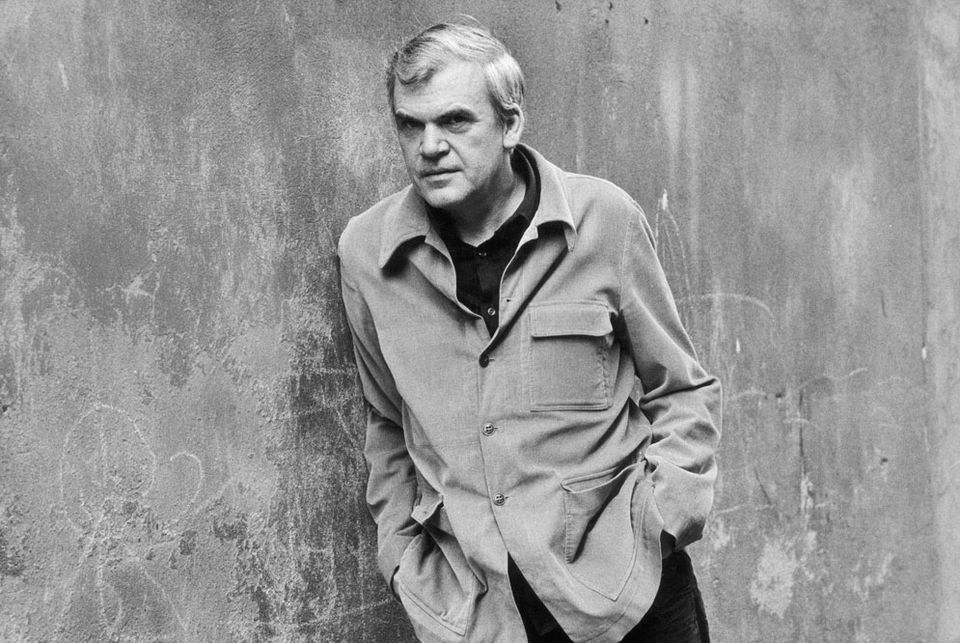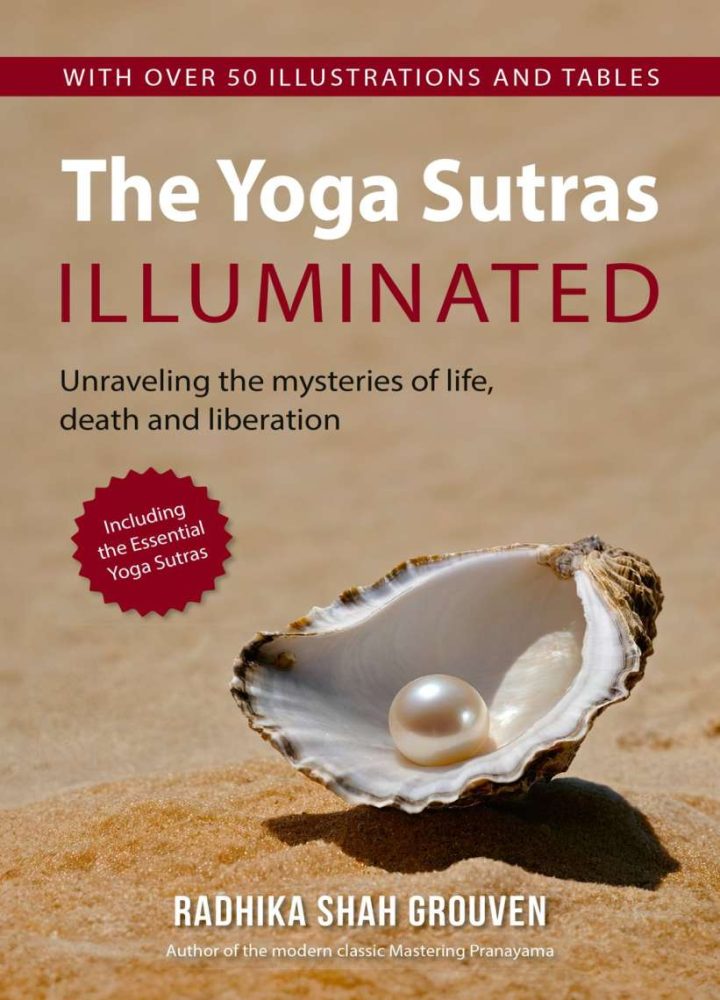Even amid this, Kundera remained one of the world’s most translated authors for his ten-odd novels, a collection of short stories, again 10-odd collections of essays, works of poetry, plays and one screenplay of a novel, and others…writes Vikas Datta
Milan Kundera, most of whose landmark novels were written in his French exile, always chose to label himself as a part of French literature.
Yet, his inherited Central European intellectual tradition of philosophical reflection, particularly on the role of humans in the universe, and the relationship between the state (mostly totalitarian) and individual in motifs such as memory, truth and loyalty, permeates his works.
When he began writing in his native Czech and then switched over to French, the works of Kundera, who passed away in Paris on Tuesday aged 94, defied easy classification. Kundera seemed to revel in this ambiguity as he cited one of the most celebrated Central European authors in support of his stand.
“Do you realise that people don’t know how to read Kafka simply because they want to decipher him?” he said in a 1983 interview to ‘Paris Review ‘. “Instead of letting themselves be carried away by his unequaled imagination, they look for allegories — and come up with nothing but cliches: life is absurd (or it is not absurd), God is beyond reach (or within reach), etc. You can understand nothing about art, particularly modern art, if you do not understand that imagination is a value in itself.”
The very next year he elaborated on the novel’s purpose, contending that one “that does not uncover a hitherto unknown segment of existence is immoral. Knowledge is the novel’s only morality”. This did not, however, stop him from bringing in contemporary politics to buttress his usual motifs, especially public memory.
“The bloody massacre in Bangladesh quickly covered over the memory of the Russian invasion of Czechoslovakia, the assassination of Allende drowned out the groans of Bangladesh, the war in the Sinai Desert made people forget Allende, the Cambodian massacre made people forget Sinai, and so on and so forth until ultimately everyone lets everything be forgotten,” he wrote in his magical realism-tinged “The Book of Laughter and Forgetting” (1979 in Czech, published 1981, first published in French in 1979 and in English in 1980).
He continued: “In times when history still moved slowly, events were few and far between and easily committed to memory. They formed a commonly accepted backdrop for thrilling scenes of adventure in private life. Nowadays, history moves at a brisk clip. A historical event, though soon forgotten, sparkles the morning after with the dew of novelty.”
Even amid this, Kundera remained one of the world’s most translated authors for his ten-odd novels, a collection of short stories, again 10-odd collections of essays, works of poetry, plays and one screenplay of a novel, and others.
His best known novel is “The Unbearable Lightness of Being” (in Czech and finished in 1982, but published first in French and English in 1984 and in Czech 1985), tracing the life and experiences of two women, two men — and their torturous relationships — and a dog during the 1968 Prague Spring.
It features amply what can be deemed one of his favourite tropes — of Nietzsche’s Eternal Recurrence, or the postulate that everything happens again and again (though thankfully for most humans, without recollection), as well as the mind-body dichotomy, relationships, and more pertinently the effect of ideologies — personal and political — on them.
And amid this, it allows Kundera to wax lyrical on human existence and its concomitant features. Take bon mots like:
“We can never know what to want, because, living only one life, we can neither compare it with our previous lives nor perfect it in our lives to come”;
“Necessity, weight, and value are three concepts inextricably bound: only necessity is heavy, and only what is heavy has value”;
“No, vertigo is something other than the fear of falling. It is the voice of emptiness below us which tempts and lures us, it is the desire to fall, against which, terrified, we defend ourselves”;
“Dreaming is not merely an act of communication; it is also an aesthetic activity, a game of the imagination, a game that is a value in itself.”
These and more provide much food for thought.
Kundera came from an artistically inclined family, being the son of a renowned musicologist from whom he learnt to play the piano and musical notation. This background plays a major role in explaining why his work has a musical cadence.
On the other hand, born on April 1, 1929, in what was then democratic Czechoslovakia, he was too young to remember this period and was not even 10 when its existence was virtually snuffed out by the 1938 Munich Conference.
Hence, the political millieu he grew up in was of the Nazi occupation — and its horrors — and the post-war Communist authoritarianism, where he had an ambivalent, though bitterly ending relationship with the Communist Party, and all this also finds reflection in his works.
Though he did come back to his native land from time to time after the fall of Communism, he stayed more or less in the West — in body and spirit. This made him more qualified to comment on novels more universally as proved by his trilogy of essay collections “The Art of the Novel” (1986), “Testaments Betrayed: An Essay in Nine Parts” (1993) and “The Curtain” (2005).
“The light that radiates from the great novels time can never dim, for human existence is perpetually being forgotten by man and thus the novelists’ discoveries, however old they may be, will never cease to astonish,” Kundera wrote in the first of them.
He went further in the next one. “Suspending moral judgment is not the immorality of the novel; it is its morality. The morality that stands against the ineradicable human habit of judging instantly, ceaselessly, and everyone; of judging before, and in the absence of, understanding. From the viewpoint of the novel’s wisdom, that fervid readiness to judge is the most detestable stupidity, the most pernicious evil.”
ALSO READ-Mani Ratnam backs Kerala’s ‘Cinema Tourism Project’









